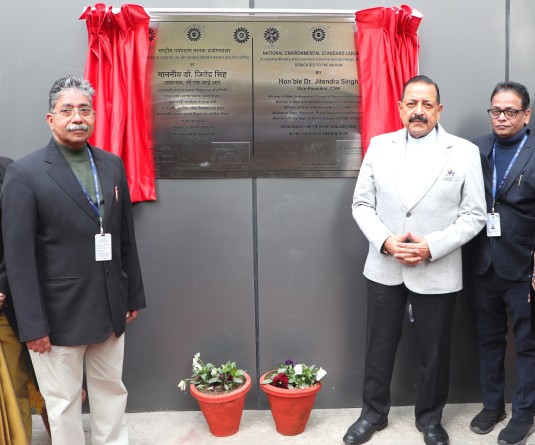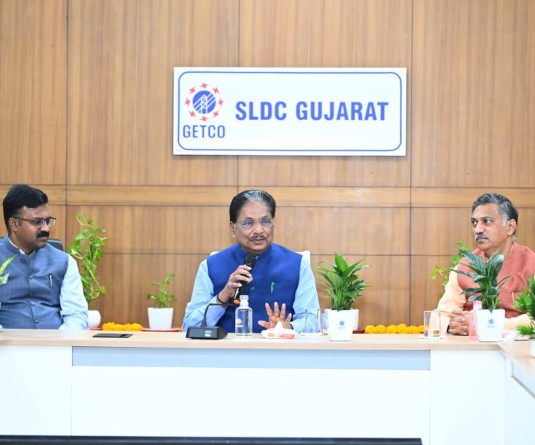
New Delhi, April 4 (PTI): Global emissions can be halved by 2030 with major transitions in the energy sector, including a substantial reduction in fossil fuel use, said an IPCC report released on Monday, highlighting that mitigation action needs to be taken now to limit global warming to 1.5 degrees Celsius.
The Intergovernmental Panel on Climate Change (IPCC) Working Group III report 'Climate Change 2022: Mitigation of Climate Change', which was released worldwide, said that in 2010-2019, the average annual global greenhouse gas emissions were at their highest levels in human history.
"Limiting global warming will require major transitions in the energy sector. This will involve a substantial reduction in fossil fuel use, widespread electrification, improved energy efficiency, and use of alternative fuels (such as hydrogen)," the report said.
Without immediate deep emissions reduction across all sectors, limiting global warming to 1.5 degrees Celsius is beyond reach. However, there is increasing evidence of climate action, said scientists in the latest report.
"We are at crossroads. The decisions we make now can secure a liveable future. We have the tools and knowhow required to limit warming," said IPCC Chair Hoesung Lee.
"I am encouraged by climate action being taken in many countries. There are policies, regulations and market instruments that are proving effective. If these are scaled up and applied more widely and equitably, they can support deep emissions reductions and stimulate innovation," Lee said.
According to the report, to achieve the 1.5 degrees Celsius target, the world must reduce annual carbon dioxide emission by 48 per cent by 2030, and reach net zero by 2050, while reducing methane emissions a third by 2030 and almost halving them by 2050.
"The last two decades saw the highest increase in emissions in human history. Even though we know how much trouble we are in, the next decade cannot follow the same pattern if we are to hold the warming to 1.5 degree Celsius. Half measures will not half greenhouse gas emissions by 2030. IPCC tells us that we have the knowledge and the technology to get this done," said Inger Anderson, executive director, United Nations Environment Programme (UNEP).
Joyashree Roy, one of the coordinating authors of the report, said an important takeaway from the report is that the next few years will be critical when countries will decide mitigating actions.
"Unless mitigation action is taken, 1.5 degrees limit cannot be reached. We need to ramp up action without delay. The report says there are ways to improve our chances of success to limit global warming to 1.5 degrees Celsius," Roy said in a press briefing.
The report was approved by 195 member governments of the IPCC through a virtual approval session that started on March 21. It is the third instalment of the IPCC's sixth assessment report (AR6), which will be completed this year.
Disclaimer: This story is auto-generated from news agency feeds and has not been edited by The Morung Express.
Source: PTI






